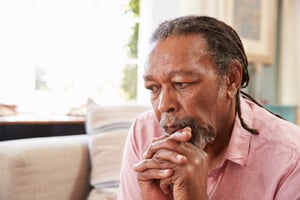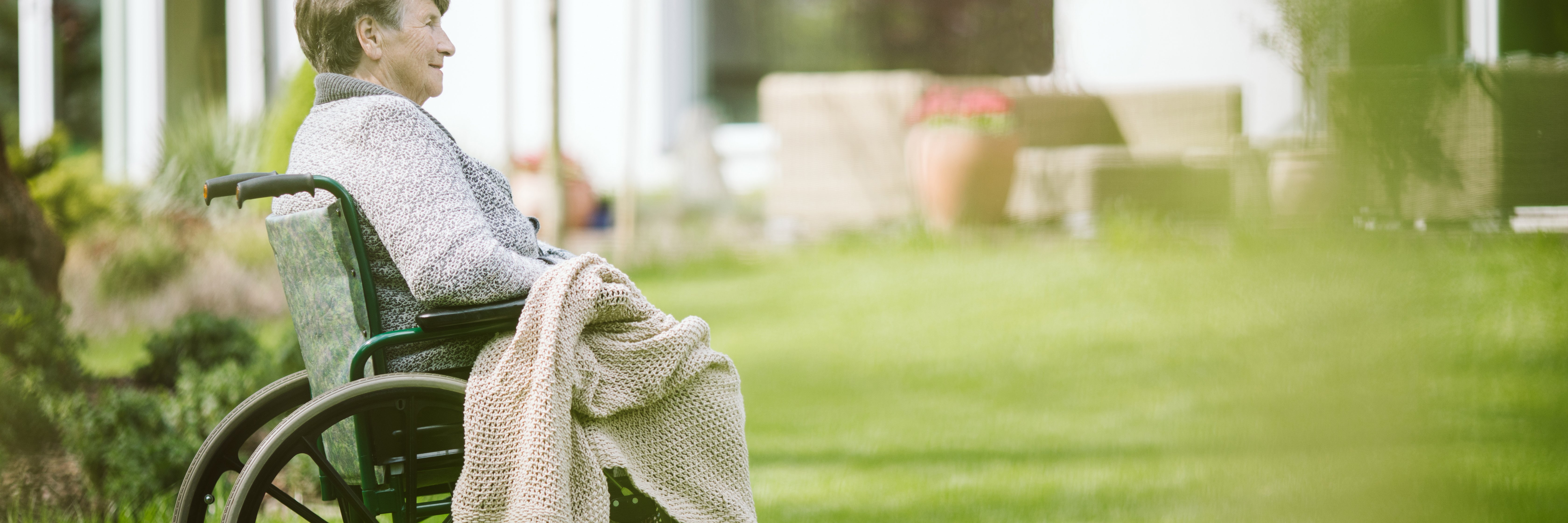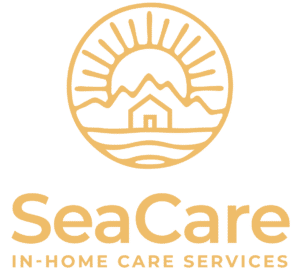Coping with loneliness during the coronavirus outbreak
by Megan Marolf | Apr 29, 2020 | seniors coping with coronavirus, free online resources for seniors, senior health, seniors and loneliness | 0 Comments

There’s a particular type of loneliness that’s unique to growing older. Younger generations may hear about it, and some witness their loved ones experiencing it. But it's the older generations that have to live with the feeling on a daily basis.
In Elizabeth Gilbert’s newest novel, City of Girls, the main character Vivian writes about this type of loneliness in a letter to a woman named Angela.
“This is what I’ve found about life, as I’ve gotten older: you start to lose people, Angela. It’s not that there is ever a shortage of people- oh, heavens no. It’s merely that- as the years pass- there comes to be a terrible shortage of your people. The ones you loved. The ones who knew the people that you both loved. The ones who know your whole history.
Those people start to be plucked away by death, and they are awfully hard to replace after they go. After a certain age, it can become difficult to make new friends. The world can begin to feel lonely and sparse, teeming though it may be with freshly minted young souls.”
In the non-fiction world, feelings of loneliness and isolation are even more magnified when socializing means putting one’s health at risk. With stay at home orders, social distancing guidelines, and strict rules that bar visitors from nursing and assisted living homes, interacting with family and friends in-person is not an option for most seniors in the U.S.

Not only is isolation hard to cope with, but studies have shown that it can have a major negative effect on a person’s health. Luckily, there are plenty of online resources and other ways for seniors to find connections and help elsewhere.
For those struggling with anxiety or depression amid the coronavirus pandemic, online counseling and therapy can remedy the lack of in-person resources. Better Help is one tele-therapy site that offers online counseling from licensed professionals. You can choose from a variety of psychologists, counselors or therapists at an affordable rate.
Through AARP’s Community Connections, you can find online support groups, such as the South King County & Eastside COVID/Coronavirus Mutual Aid Group. The Facebook group posts alerts about testing sites, and offers support for racism and discrimination in relation to the coronavirus.

WA Helpers is an online resource that connects volunteers with seniors to help them with necessary errands such as grocery shopping and prescription pick-ups. The site also has an amazing resources page, which has links to live updates on the coronavirus, crisis hotline numbers, and guidelines for social distancing.
For those taking care of their loved one, AARP has a family caregiving resource line that points people to useful resources. Topics range from financial stress to personal self-care.
A great resource for both caregivers and seniors is the Stuck at Home Together Project, which connects people through creativity. Mindfulness exercises, activities for getting creative, and free short films are just a few features of the online resource.

However, people can rely on the internet only up to a certain point as far as feeling connected goes. With hundreds of nursing homes across the U.S. reporting cases of the coronavirus, residents are stuck in their own rooms with limited, if any, personal contact.
When SeaCare’s own Brianna Bischofberger and her two-year-old daughter visited her great-grandmother in a memory care unit in Seattle, they could only wave ‘hi’ from outside of the building. Her caregiver came out of the facility to tell them how grateful and happy their great-grandmother was to see them. She waved back at them for a long time with a big smile on her face until they left.
If you have a loved one in an assisted care or nursing home, they need your company more than ever. Any sort of interaction can go a long way.


0 Comments